Interviews
School life in Japan (Japanese)
(Japanese) Those times in elementary school, around First or Second grade, well, of course I’m behind [in the curriculum] compared to the other kids, so yes, I was ridiculed to a certain degree. They’d say, “Hey, America(n)!” and such to make fun of me. They wouldn’t let me be a part of their group… So yeah, there were things like that. But in Third grade, there happened to be this Sumo tournament at school, and for some reason I ended up being the last man standing and actually won the title. After that, my stock immediately rose (laughs). So then they let me in to their groups, and we’d play baseball together, volleyball together, and more friends were made in more groups… I had the most fun after that. Yes. I think it was around Third grade.
Date: June 17, 2008
Location: California, US
Interviewer: Yoko Nishimura
Contributed by: Watase Media Arts Center, Japanese American National Museum
Explore More Videos
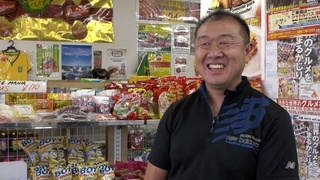
The reason why he immigrated to Japan (Portuguese)
(b. 1962) Japanese Brazilian owner of a Brazilian products store in Japan.

Oizumi, the Brazilian town in Japan (Portuguese)
(b. 1962) Japanese Brazilian owner of a Brazilian products store in Japan.
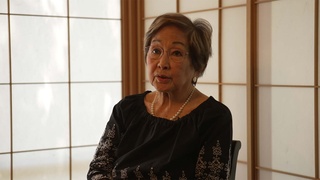
Backstory of Parents
(b. 1939) a businesswoman whose family volunterily moved to Salt Lake City in Utah during the war.
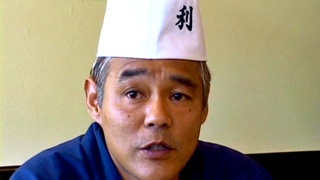
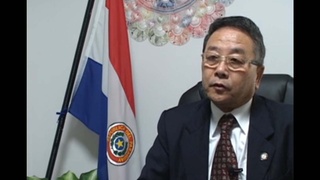
Carrying on the Legacy in the Colony of Paraguay (Japanese)
(b. 1943) Paraguayan Ambassador to Japan

Family was shipped back to Japan after the war
(b. 1938) Philipines-born hikiagesha who later migrated to the United States.

The Image of Japan: Expectations versus Reality (Spanish)
(1958-2014) Former Bolivian Ambassador to Japan
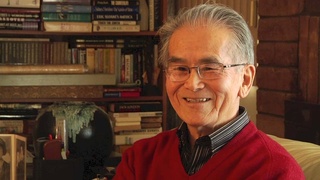

Longing to be an imperial soldier as a youth (Japanese)
(b. 1929) Kibei Nisei

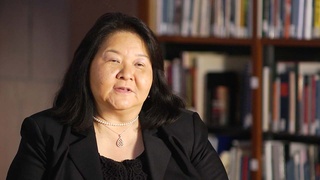




How the Dodgers internationalized MLB (Japanese)
Producer at NHK Cosmomedia America, Inc.
